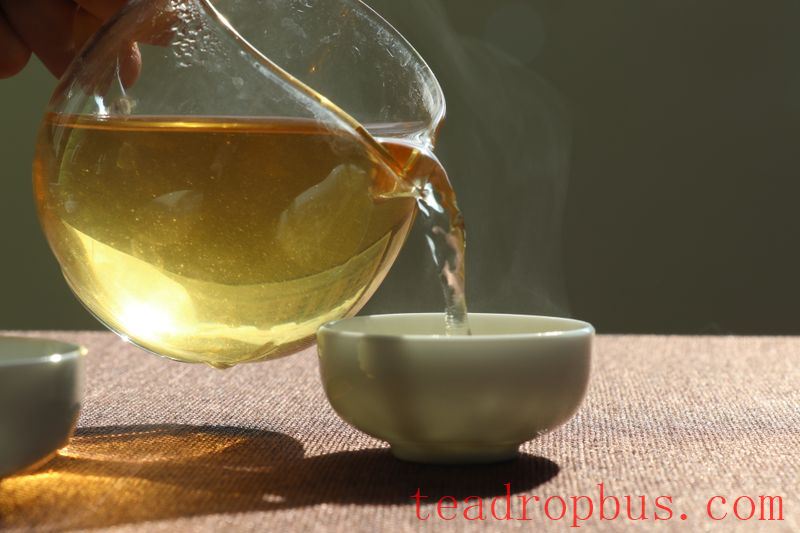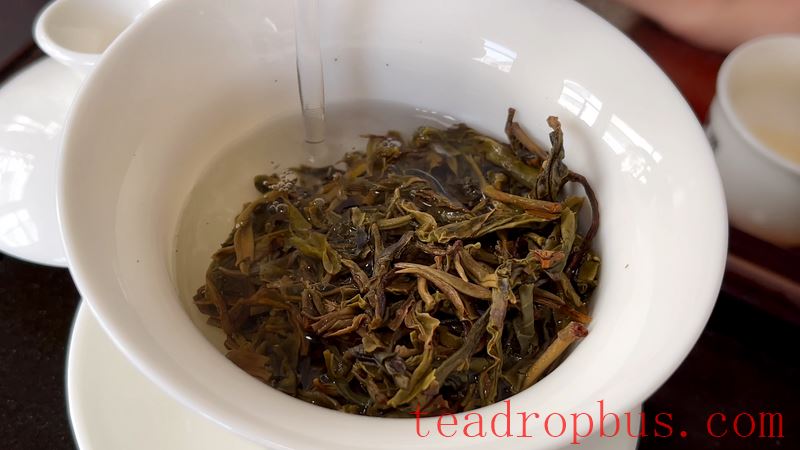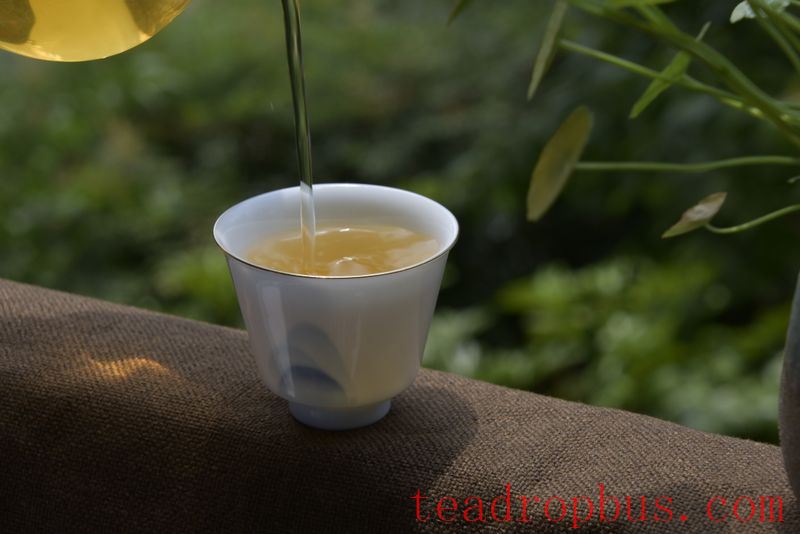Nowadays, Drinking Tea is becoming more and more popular. A few cups at family gatherings or a pot during business meetings. However, if you don't know how to properly brew the Tea, it can be embarrassing and a waste of good tea. While we are not professional tea artists in our daily lives, we can do some basic training to bring out the true flavors of good tea.

1. Know Your Tea
Before brewing, identify which category the tea belongs to, and even specify the exact type, such as Longjing from West Lake among green teas or Tieguanyin among oolong teas.
2. Water Selection
Basic principle: use soft water, which should be boiled and then cooled.
Purified water, mineral water, and filtered water are all suitable choices.
3. Teaware
Glass cups are suitable for green tea and Yellow Tea; covered bowls are ideal for white tea, Oolong Tea, and black tea; and purple clay pots are recommended for dark tea. Additionally, learn how to correctly use tasting cups, tea trays, and other basic teaware like the six tea tools.

4. Amount of Tea
Adjust the amount of tea and the water-to-tea ratio based on personal taste preferences and practical considerations.
5. Water Temperature
High-temperature brewing results in a stronger tea infusion, while low-temperature brewing produces a milder flavor.
Use lower temperatures for tender teas to avoid scalding the leaves, and higher temperatures for coarser, older teas to bring out their aroma and flavor.
6. Steeping Time
Refer to historical notes, and note that the steeping time generally increases with each subsequent infusion.
The more tea you brew, the more skilled your technique becomes;
The more tea you drink, the deeper your understanding of tea grows.

The basic principles of brewing tea are simple: essentially just the three elements of “water-to-tea ratio, water temperature, and time.” However, in practice, it's often easier said than done. The difference between a beginner and an expert lies in the fact that beginners tend to memorize guides, while experts have internalized and can apply the knowledge naturally.